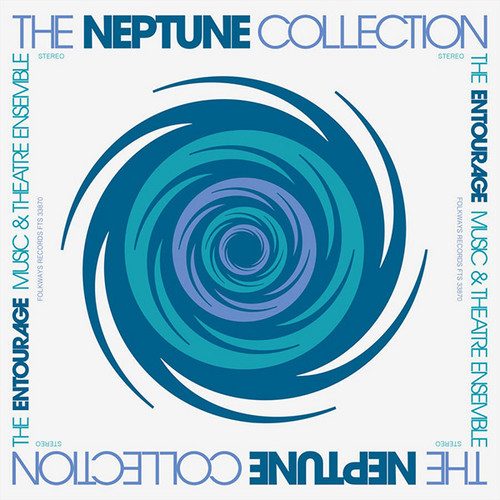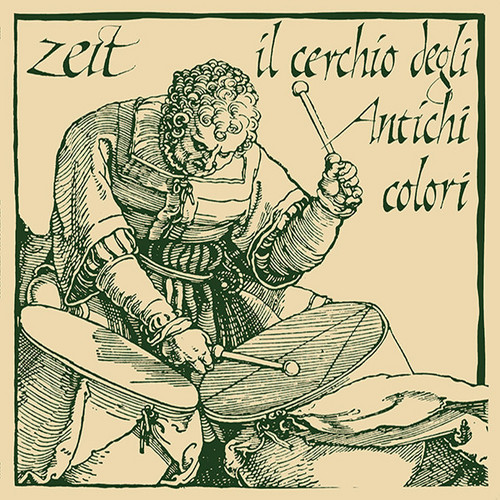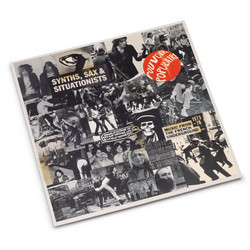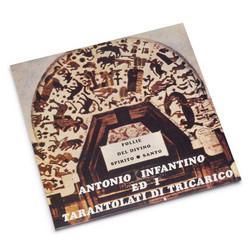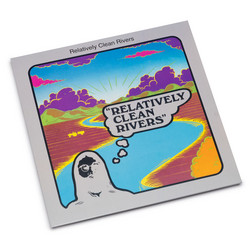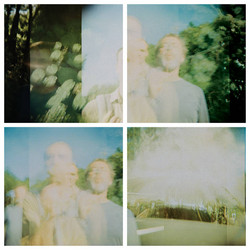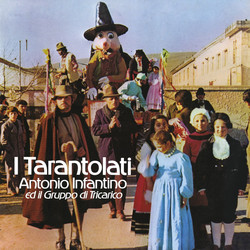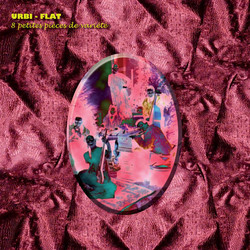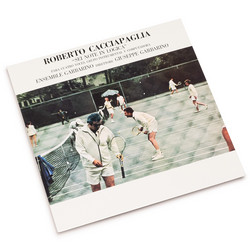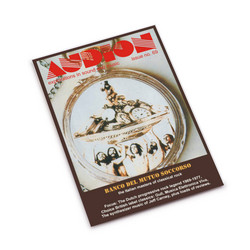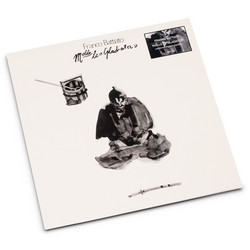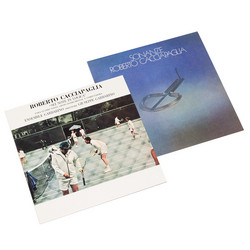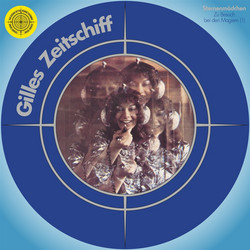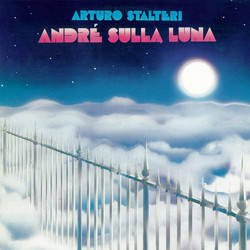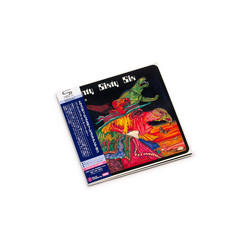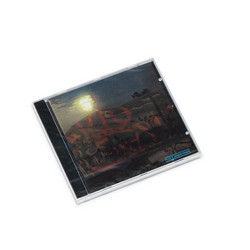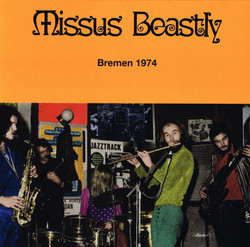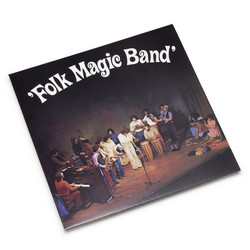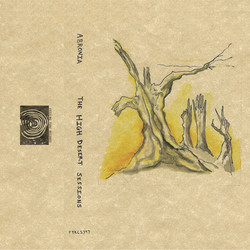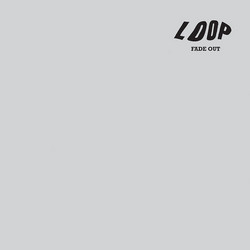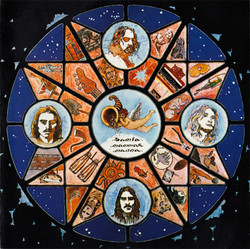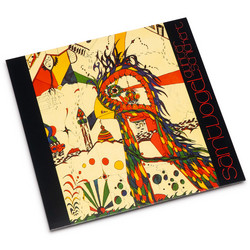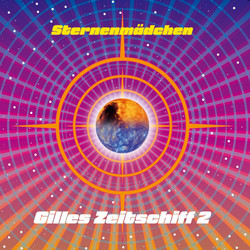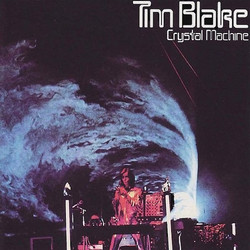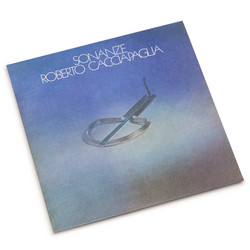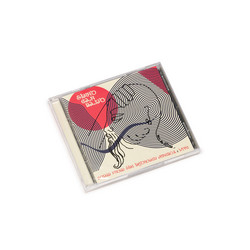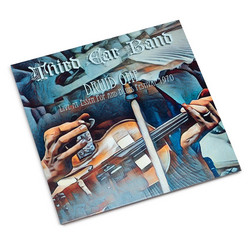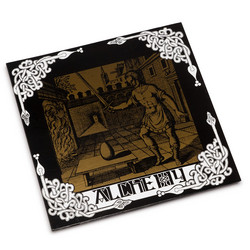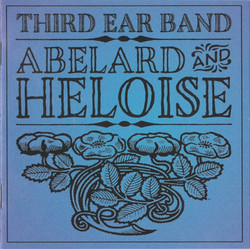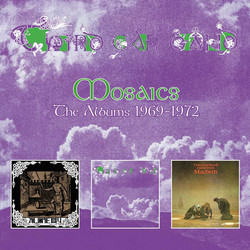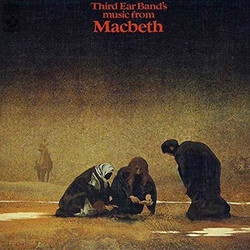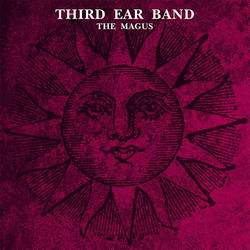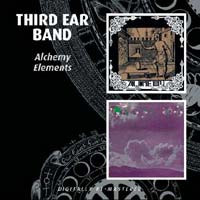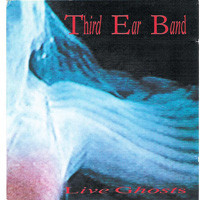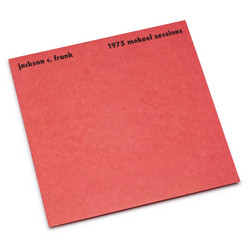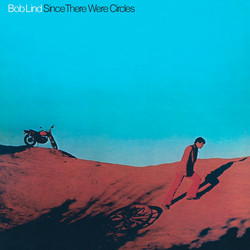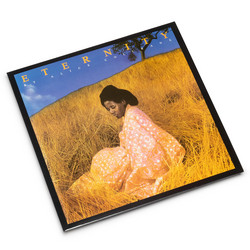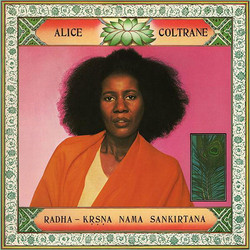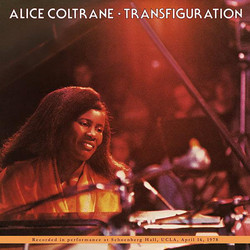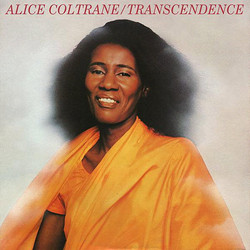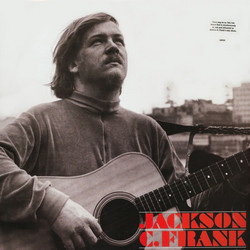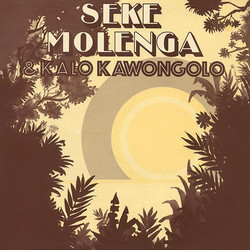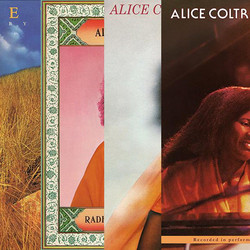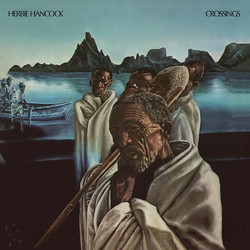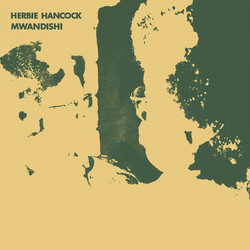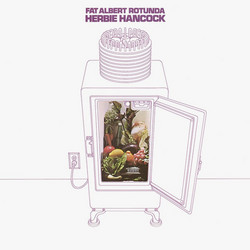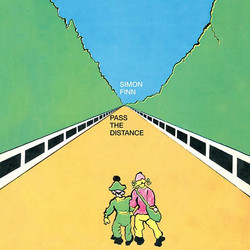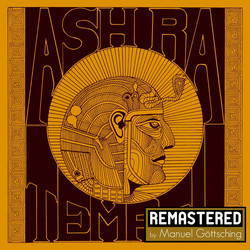For many bands, having all their gear stolen would be catastrophic. For Third Ear Band, this unfortunate 1968 incident opened a portal to beneficial change that would ultimately define one of British experimental music's most singular statements. Now, Antarctica Starts Here presents the first-time vinyl reissue of the group's self-titled 1970 sophomore album - often called Elements due to its elemental track titles - complete with new liner notes by Dave Segal that illuminate this remarkable chapter in acoustic psychedelia's evolution. Leader and percussionist Glen Sweeney viewed the theft as a sign to alter Third Ear Band's approach entirely, switching to exclusively acoustic instruments just as electrified psychedelia reached full bloom. Alongside Paul Minns (oboe, recorder, whistles, flutes) and Richard Coff (violin, viola), Sweeney struck out on an individualistic path that blended Indian raga with chamber music - without plugging in.
Following their powerful 1969 debut Alchemy, which established them as a solemn force in the global underground, Third Ear Band's self-titled album represented the full flowering of their alchemical vision. The four tracks - "Air," "Earth," "Fire," and "Water" - correspond to the basic components of medieval European alchemists' doctrines, creating what Dave Segal describes as "epic, trance-inducing jams that suggested secret knowledge of infinity." What distinguished Third Ear Band from their contemporaries was their peculiar estrangement from the counterculture on a sonic level. As Segal notes, "Even outré contemporaries such as Comus and Jan Dukes De Grey sounded like pop groups compared to TEB." Having no traditional front person or electric instruments, the group forged a path that flowered most vividly on this album. The methodology was deceptively simple yet profoundly effective: "Sweeney laid down a steady pulse on hand drums, while Minns and Coff wove in melismatic patterns on oboe, recorder, violin and viola." This approach created what Segal describes as "a communal transcendence in sound – a hypnotic swirl that doesn't swing, but rather wafts and undulates with cloistered beauty."
The album's four elemental compositions exist in what Segal calls "an eternal now, a perpetual wow. It is an ouroboros of organic textures, seemingly magicked into the air spontaneously, yet possessing a rigor that suggests long hours in the lab." Without electricity, Third Ear Band somehow "burrowed deeper into your consciousness" than their amplified contemporaries. Originally released on Harvest in 1970, this album has remained out of print on vinyl for decades, making ASH Records' reissue a significant event for collectors of British experimental music. The influence of Third Ear Band's acoustic approach can be traced through subsequent generations of artists from Popol Vuh to Trad, Gras Och Stenar and beyond - groups that understood how acoustic instruments could achieve psychedelic transcendence without electronic amplification.
This reissue preserves the album's original four-part structure while presenting it with the sonic clarity that reveals the intricate interplay between Sweeney's rhythmic foundation and the melodic explorations of Minns and Coff. The inclusion of Dave Segal's comprehensive liner notes provides crucial context for understanding Third Ear Band's unique position within the experimental music landscape.

